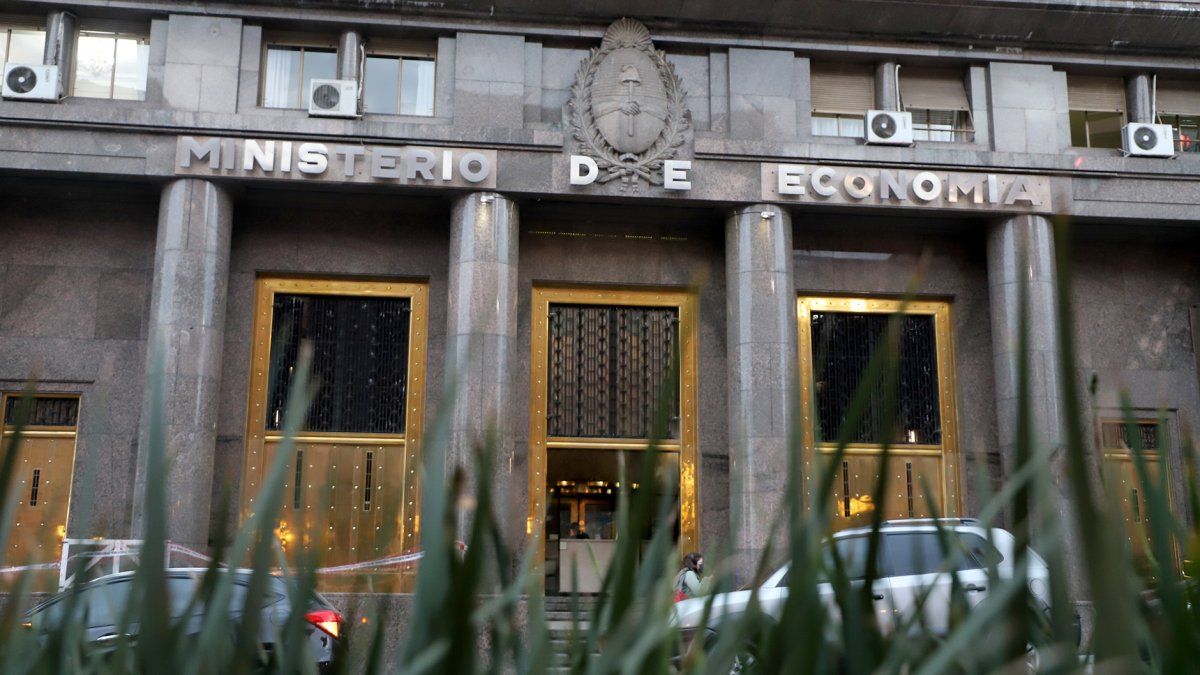But the question immediately arises of what will happen to other prices in the economy with even more influence in the formation of the cost structure, such as fuel. From the Secretary of Commerce, led by Matías Tombolini, they confirmed to Ámbito that they are working on an understanding with the oil companies that could be formalized in the coming days. It would be precisely a path similar to what has been working with the food industry.
The review of other links in the value chain was one of the specific requests by the companies. Last week, the Food Products Industries Coordinator sent a note to Tombolini’s office setting a series of conditions for membership and permanence in Fair Prices. “There should not be a significant variation in the most relevant costs of the company, as is the case of its raw materials”, remarks one of the salient points of the text signed by Daniel Funes de Rioja.
Another claim from the sector that the Government has addressed in recent days was the formalization of priority when importing inputs for the firms that agree. The Committee of the Import System of the Argentine Republic (SIRA) signed a resolution that guarantees “immediate access” to the Single Free Exchange Market for companies that adhere to Fair Prices.
By force of “carrot and stick”, the implementation of the agreement of the official program continues its course. “We continue to formalize agreements. Surely this week we will advance with the more territorial work, such as the dissemination of the use of the application, the collaboration with consumer defense associations and the signing of the agreements with the municipalities that are going to join the verifications ”, the sources consulted said. .
November slowdown
As this media reported days ago, the first surveys show a slowdown in the items covered by Fair Prices. Weekly frequency monitoring such as that of the Scalabrini Ortiz Study Center and that of the LCG consulting firm reflected this in the third week of November. The latter even showed that it was the lowest weekly variation of food and beverages in the last five months.
The reports that reach the Ministry of Economy are in that line. In Sergio Massa’s office, they take it for granted that the November data, which will be released by INDEC in December, will pierce the symbolic floor of 6% per month. The most optimistic point out that it could be around 5.5% and in line with the objective set by the Government of reducing inflation by 1% every two months.
According to the projection included in the budget, next year’s inflation will be around 60%. That is why the minister insists on his intention to align expectations around 4% per month. In any case, outside of the agreements drawn up, the eyes of the market will be on the capacity of the Government to manage three variables: the deficit, its financing and the accumulation of reserves.
Source: Ambito
David William is a talented author who has made a name for himself in the world of writing. He is a professional author who writes on a wide range of topics, from general interest to opinion news. David is currently working as a writer at 24 hours worlds where he brings his unique perspective and in-depth research to his articles, making them both informative and engaging.




